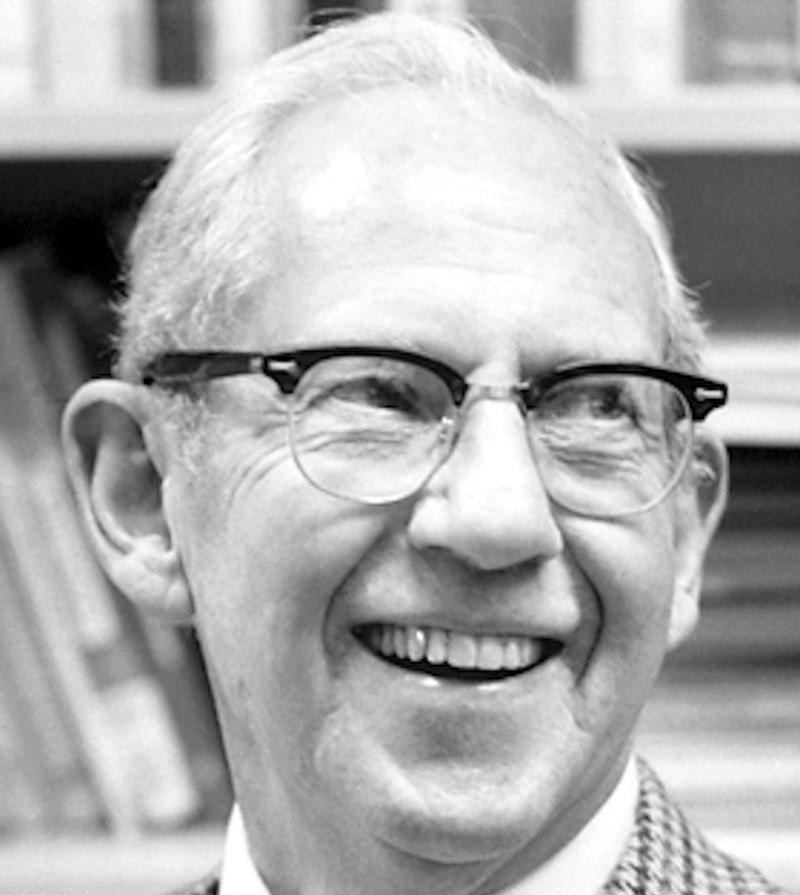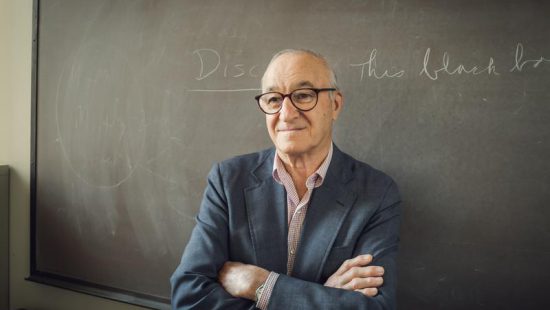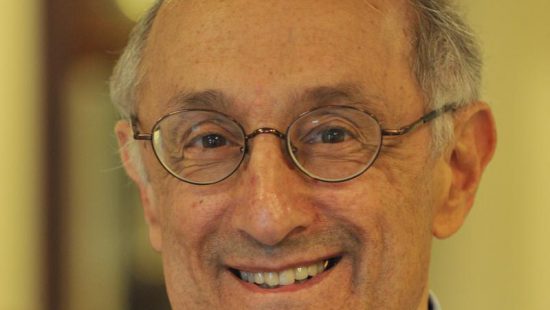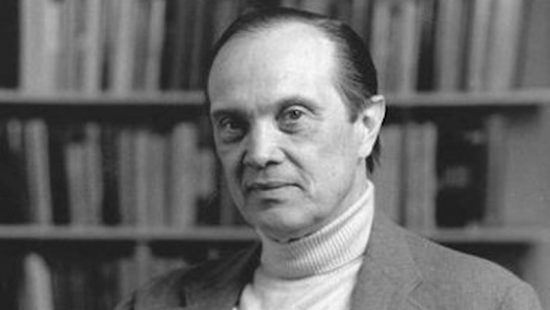Long before the hot-button topic echoed through the halls of Congress, a conservative economist pushed for a higher minimum wage as a means of ending poverty.
“A fine thing, they will say, to raise the economic status of the Negro boy by lowering his wage rate to a dollar an hour,” said George J. Stigler. “A fine thing, indeed, I reply, to raise it from zero to a dollar.”
According to Stigler, a higher minimum wage – though it might decrease the number of available jobs – would increase productivity in the economy.
Favoring data and empirical evidence over hypothetical ideas, Stigler analyzed everything from ideal company size to unemployment.
In 1971, he revealed his “Theory of Economic Regulation,” also called “capture theory,” which explains how industry and political groups influence governmental regulation in favor of their special interests. In other words, he argued, regulatory bodies eventually succumb to the very industries they are charged with policing.






